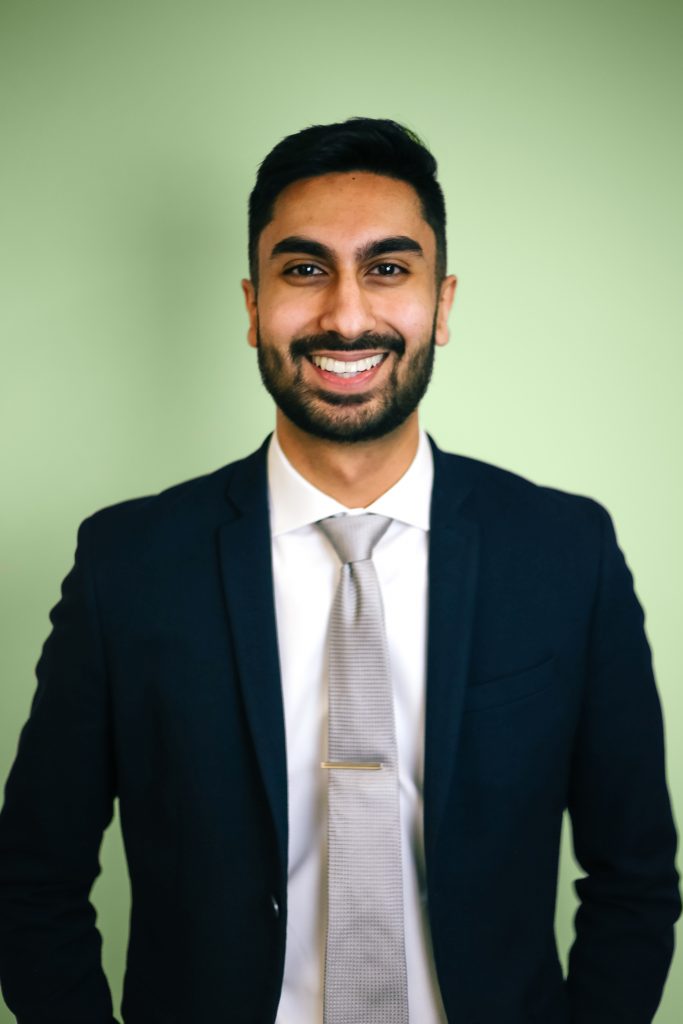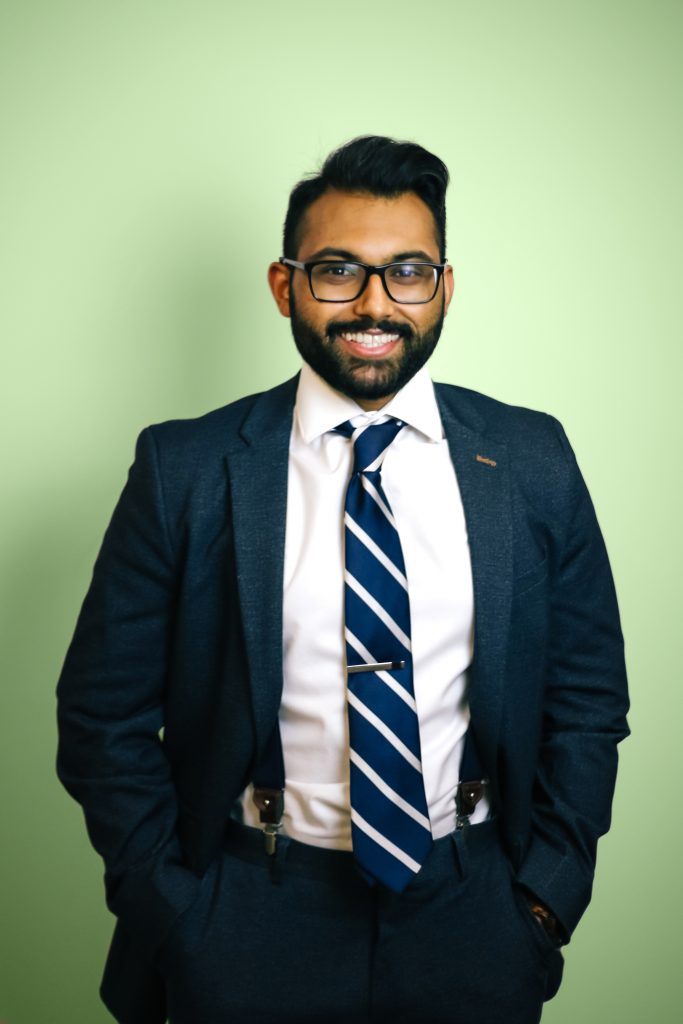
SU election supplement 2019: vice-president operations & finance
It’s that time of year again. Posters are plastering the walls, self-important student politicians are interrupting you on your way to class and there’s a guy standing in the front of your economics lecture dressed like Woody from Toy Story. It feels like the first snow of winter.
We love the Students’ Union election, which is one of the reasons why we make this supplement that you’re currently reading. Just like how all these folks are passionate about serving the student body and bringing change to campus — or getting that sweet resumé line — we’re passionate about informing students about who’s running, what they want to do if they’re elected and how likely it is that they’ll actually get those things done.
On Family Day weekend, we compiled a panel of our staff, cleaned the office, put on some nice clothes for once and interviewed (almost) every executive and Board of Governor representative candidate in this year’s SU election. Each interview follows the same format: We give each candidate up to five minutes to pitch their platform, then spend 10 minutes asking them questions. After that, we write up these little profiles to help inform students about the crowd of candidates.
There’s a number of pressing issues at the forefront of this year’s election, but the biggest theme is change. Upcoming provincial and federal elections could mean significant political shake-ups both in Alberta and throughout Canada. Plus, new University of Calgary president Ed McCauley is settling into his job. If there’s any time to push for change external to the SU, it’s now.
Beyond that, issues surrounding Open Educational Resources, Bermuda Shorts Day, MacHall redevelopment, policy reform, long-term financial stability for the SU, mental health and sexual violence are all central to one or more of the contested positions in this election. These are things that affect all students and SU elections have a significant impact on how those issues are handled. It’s your electoral duty to elect competent officials to represent you. Take that responsibility seriously.
In addition to the elected positions, this year also has a referendum for increasing the SU Volunteer Services fee from $0.75 to $1.50 for full-time students per semester. You can read our thoughts about that in our editorial at the front of this supplement. We’ll also have news coverage of the referendum throughout the campaign period online at thegauntlet.ca.
Don’t just read our candidate profiles and endorsements. Read the candidates’ submitted platforms on the SU website, attend some forums — or the Gauntlet’s presidential debate, taking place Feb. 28 at 2 p.m. in
MacHall’s Cassio A/B — and ask candidates questions yourself.
And make sure to vote through your myUofC student centre from March 5–7, ya turkeys.
Operations and Finance
[hr gap=”15″]
The vice-president operations and finance is responsible for the Students’ Union’s budget, SU policy and the fiscal operation of their businesses in MacHall. They also chair several SU committees.
Omer Mansoor

With a detailed and well-thought-out platform, Omer Mansoor shows that he knows the operations and finance role well. His long list of feasible ideas and his past experience as a science representative make him a strong and safe candidate for the position.
Mansoor’s first platform point focuses on improving campus spaces, including renovating MacHall. Mansoor said he would hold a referendum to allow students to express whether or not they’re okay with footing the bill of the redevelopment, adding that he would prefer the renovations to be small-scale, with the focus on specific spaces like The Black Lounge.
Further, Mansoor said he would also like to identify classroom spaces around campus that could use redevelopment. He proposed the Classroom Alteration Request and Facilities Alteration Request as sources for funding these renovations, showing a thorough understanding of university processes and research into this platform point.
Mansoor also said that he wants to increase food choices on campus. Diversifying food choices has been a popular but unfulfilled platform point for previous candidates. Mansoor admitted this and said his idea is different because he wants to focus mostly on SU-run food vendors. He correctly identified the people he would work with to follow through with this promise, hopefully showing that he intends to keep it.
One notable absence from his platform is Bermuda Shorts Day. When asked during his interview, Mansoor said that he doesn’t believe students should have to pay an entry fee for the event, even if that meant the SU “takes a hit.” He proposed exploring additional funding opportunities like Quality Money or a grant from the Operations and Finance committee. It’s questionable as to whether funding would be permitted for BSD through these mechanisms. Even so, a lack of consideration for the growing financial liability of hosting this event is a major concern.
Other points on Mansoor’s extensive platform include improving the transparency of SU committees, specifying roles on the recently expanded Refugee Student Board and implementing a ‘yes/no’ vote for candidates running unopposed in SU elections — all of which would be much welcomed.
After narrowly losing his bid for a SU executive position last year, Mansoor proved in his interview that he is still brimming with ideas that could help students. Overall, Mansoor is a safe choice for vice-president operations and finance.
Selected Qualifications:
• SU Faculty of Science Representative, 2017–18
• Operations & Finance Committee member, 2017–18
• President, Biology Students’ Association, 2018–19
Briana Stallcup

Briana Stallcup is hoping the third time’s the charm. She’s running to be the SU’s vice-president operations and finance after being defeated in her bid for the position in the past two general elections. Once again, she brings the anti-establishment fervor that characterized her past campaigns.
Stallcup’s platform focuses exclusively on three main issues: Reallocating student funds, reforming Bermuda Shorts Day and redeveloping MacHall. The first point revisits a sticking point for Stallcup, which is abolishing Colour Night — a post-election celebration for SU election winners — and replacing it with a meet-and-greet. Beyond Colour Night, Stallcup wants the SU to stop hosting out-of-town retreats and training sessions.
When it comes to BSD, the SU’s annual end-of-year celebration that lost nearly $100,000 in 2018, Stallcup says that the event doesn’t need to generate profit but that it shouldn’t be losing as much money as it is now. Instead of charging an entry fee, she says that she’d work with the University of Calgary’s new administration to make the event more affordable. While the introduction of a new president provides hope that some of the costlier aspects of BSD will be more affordable, it won’t be easy to fix an event that’s been in a financial tailspin for years.
Finally, Stallcup says she wants to redevelop MacHall. She says that the SU’s recent survey results, which show that two-thirds of students want to see updates to the student centre, demonstrate student interest in the project and that the SU should push for an agreement with the U of C that could make redevelopment happen.
Stallcup says that she is keen on election reform, particularly for processes dealing with acclamations and appointing students to vacant positions, arguing that the current procedures undermine student democracy. She’d also like to implement a sexual violence policy to deal with candidates in SU elections who have harassment or assault claims.
One area that Stallcup doesn’t mention in her platform is a strategy for potential provincial legislation that would make SU fees voluntary. She says that the SU needs to do a better job making sure they are providing value in order to insulate themselves against a policy like that. “People don’t like [the SU] and I think they should acknowledge that,” Stallcup said.
Fiery quotes like this beg the question of how Stallcup would work with other SU elected officials and staff if elected. She says that she’s not inherently combative but that she expects people to be able to sufficiently address her concerns.
But maybe some combativeness is just what the SU needs. Stallcup would certainly shake up the organization. Just like in past years, she’s a strong candidate who you can be sure will never back down from a fight.
Selected Qualifications:
• Vice-president operations and finance, Consent Awareness and Sexual Education Club, 2017–19
• Director of operations and finance, Faculty of Arts Students’ Association, 2017–18
• Director of communications, Society of Undergraduates in Economics, 2016–18
Jarin Thundathil

Thundathil began his interview stating that we’re entering a year of change — a new university president, a new SU strategic plan and a potentially new provincial government. As such, he believes his platform will ensure that the SU is well prepared for that change.
As a current medicine representative, Thundathil has been an effective member of SLC, providing thoughtful feedback during policy consultations. His experience and ability to get results make him a competent candidate.
Thundathil’s strongest platform points are about SU policy reform, specifically surrounding transparency — and not just as a buzzword. He wants to open the budget meeting of the Operation and Finance Committee to the public. He wants to release the shortlist of applicants for positions filled by the Nominations Committee, allowing students to still know the platforms and qualifications for the unelected student appointees. Following student association expense scandals in Ontario, he wants the SU to release its credit card statements quarterly.
Additionally, Thundathil wants to undergo a compensation review for faculty representatives. He points out that there is a large financial barrier to running for Elected Official positions — students who must work other jobs to support themselves cannot devote the time it takes to be an effective faculty representative for only a $300 monthly honorarium. He says that increasing compensation would require increasing reporting stringency to ensure quality work.
A concerning part of Thundathil’s platform is his plan for pursuing redevelopment of MacHall. He claims that neither the SU nor administration are in a financial position to pursue significant redevelopment at this time. Therefore, he’d like the SU to solicit third-party donations and potentially transition from a non-profit to a registered charity.
Beyond the issue of the SU potentially being beholden to a third-party’s interests rather than students’ interests to receive funding, a students’ union is not a charity. Bluntly, this is a bad idea.
We ask all candidates to list one thing their predecessor did well and one thing they’d do differently if elected. Thundathil was reluctant to find something to critique about current VP Kevin Dang. You cannot be afraid to provide criticism when drafting or revising policy.
Overall, Thundathil is a qualified candidate for the operations and finance position. If you’re fine with how the SU is operating, a vote for Thundathil is a vote for safe and reasonable change.
Selected Qualifications:
• SU medicine representative, 2018–19
• Analyst, DeNovo Student Investment Fund
• VP external, Reforming Education on Drugs
